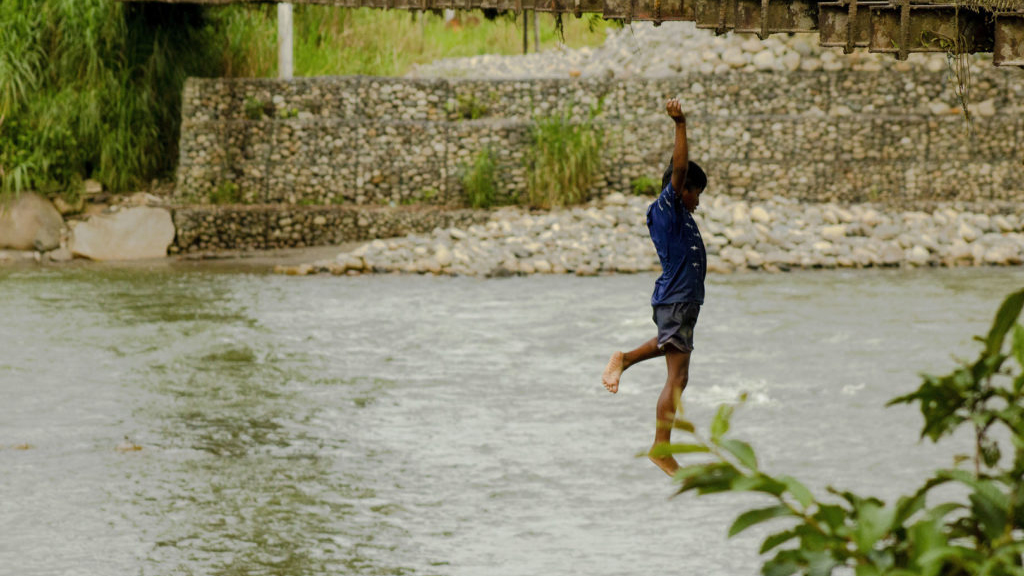
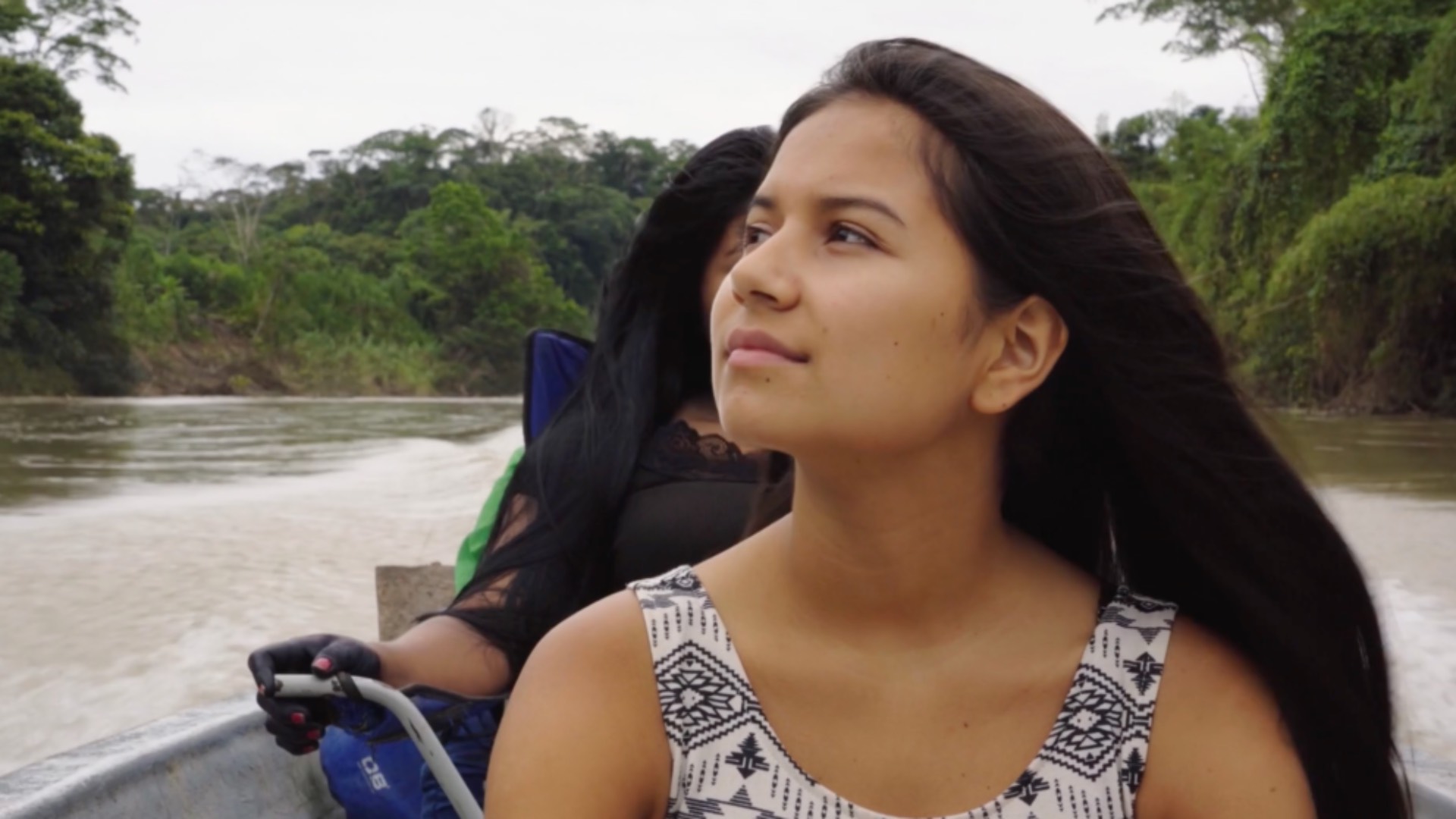
Helena Sarayaku Manta
On Helena Sarayaku’s last trip to Ecuador she met with leaders of her people who asked her to take a message out of the country: “Kawsak Sacha – Living Jungle”, an innovative proposal regarding protection and conservation, in which the jungle is considered a living being.
|
2021
Synopsis
Helena is 17 years old and studies in Finland. She spends her vacation time cultivating her love for her roots by visiting her relatives in Ecuador. Her father is Swedish and her mother is a native Kichwa from the village of Sarayaku, in the heart of the Ecuadorian Amazon. On her last trip to Ecuador she met with leaders of her people who asked her to take a message out of the country: “Kawsak Sacha – Living Jungle”, an innovative proposal regarding protection and conservation, in which the jungle is considered a living being.
The town holds a traditional cultural festival called Uyantza Raymi in which she actively participates. While the news announces that a virus called COVID-19 is affecting the world, she is caught unawares in the nearest city in the region, Puyo, where she is confined. From there she learns on the news that 80 percent of her village has been infected by COVID-19 and that a great overflow of the Bobonaza River flooded part of her village, a natural phenomenon that according to the great ones “had never been seen before in the history of the village”. She is Helena of Sarayaku!
Artistic and technic data
Year:
2021
Direction:
Production:
Indigenous peoples:
Geographic area:
Language:
Kichwa, Spanish, English
Subtitles:
Spanish
Subject:
Genre(s):
Related films

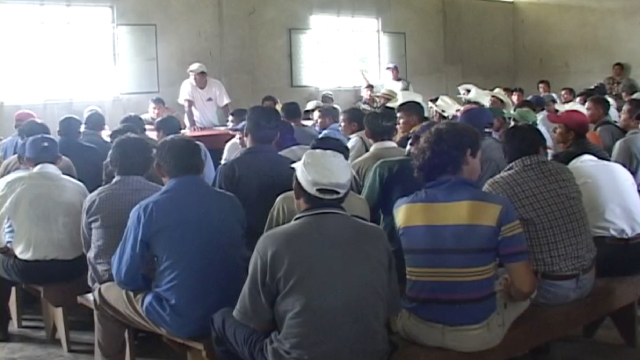
Viejo Velasco: The Footprint of Agrarian Injustice
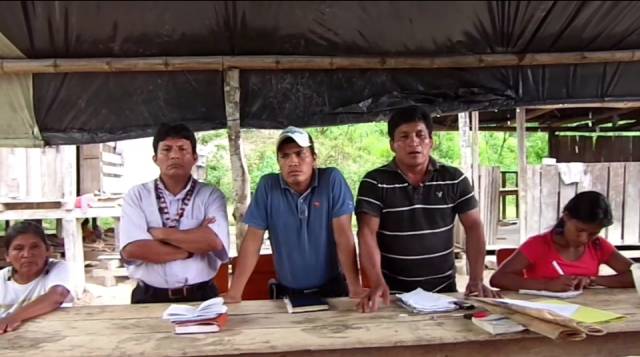
Unexpected Visit
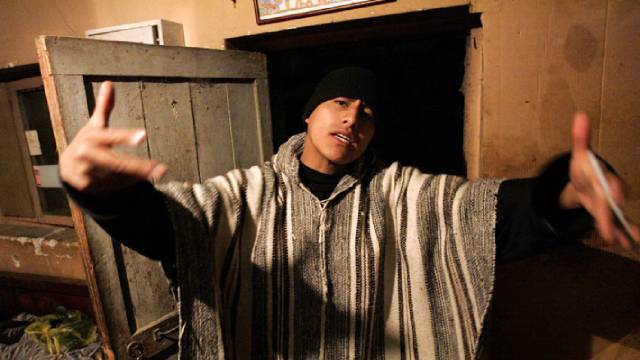
Ukamau and Ké
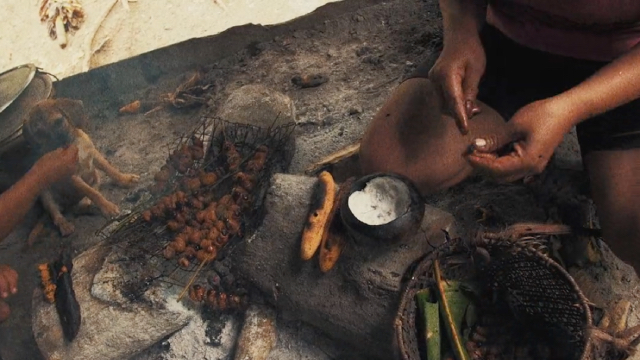
Tuku
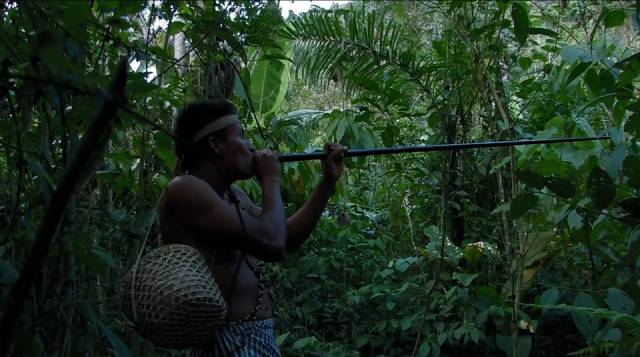
Tsunki Aumatsamu
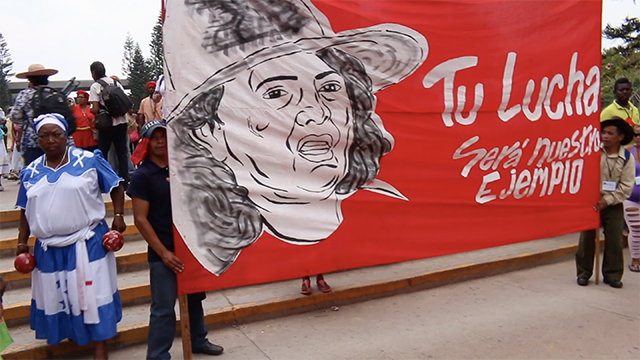
To the Memory of Berta Cáceres
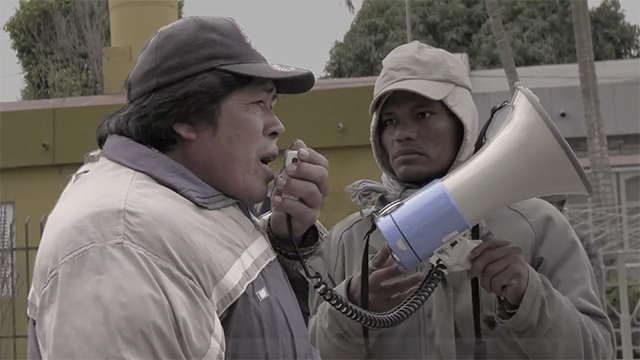
The Struggle Continues, Truth and Justice for Mártires López
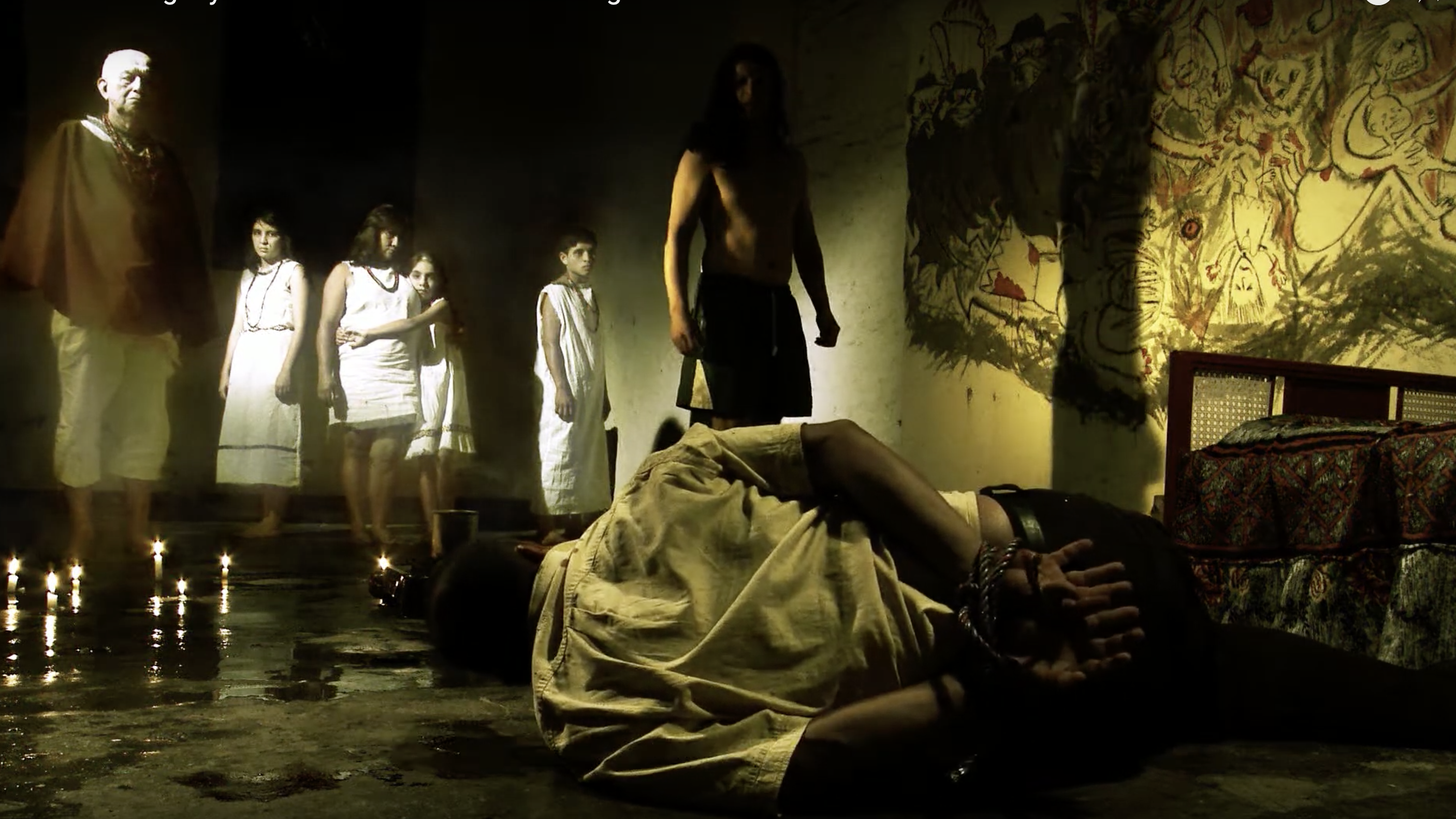
The River of Blood and the Two Banks
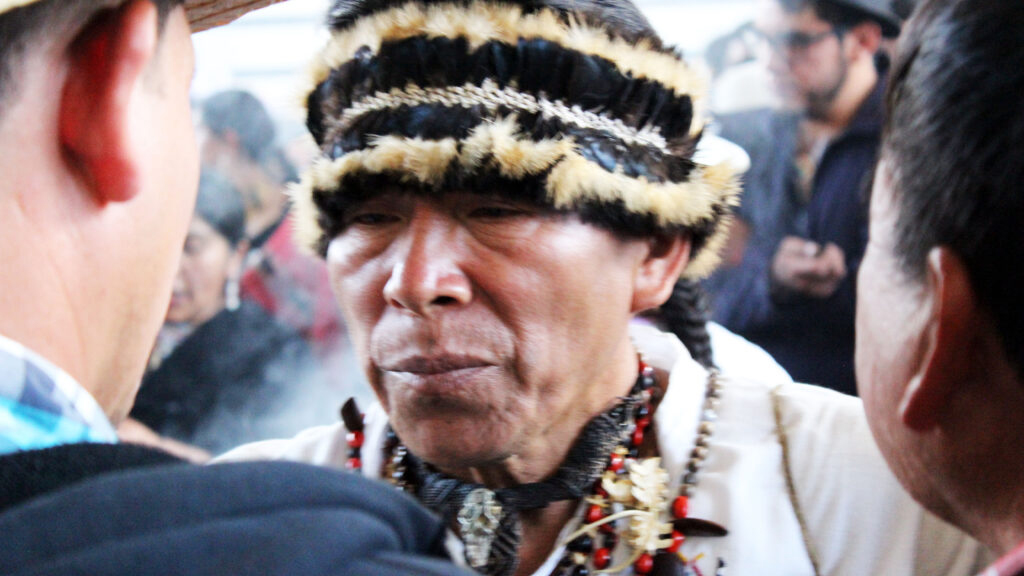
The Right Thing to Do. The Resurgence of Abya Yala
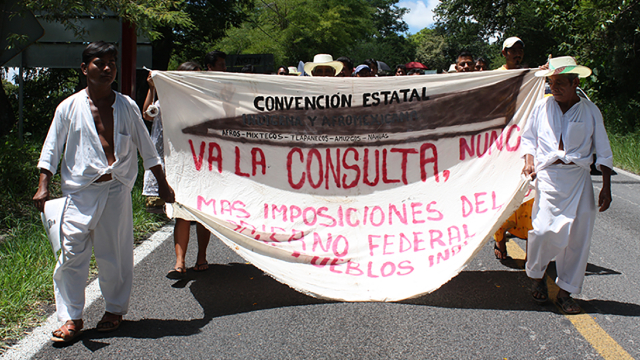
The Path Towards Enforcing the Right to Consultation
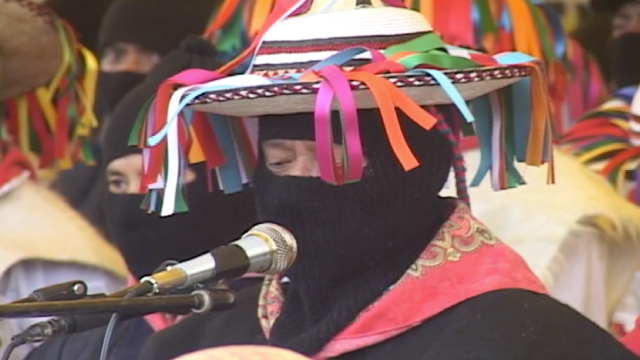
The Face of Indigenous History
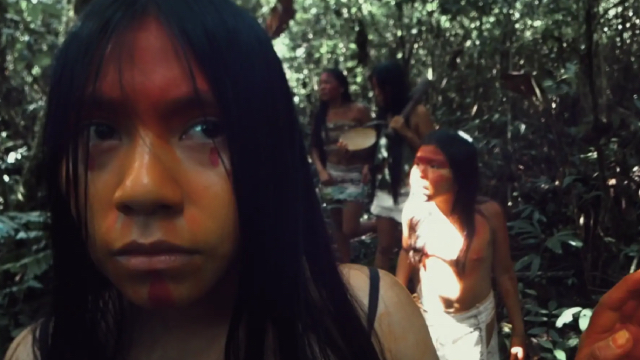
Shun
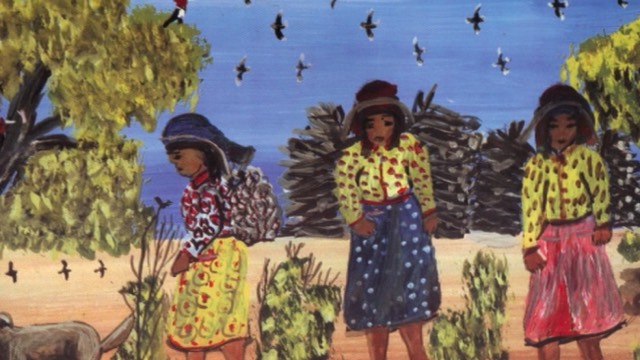
Respect
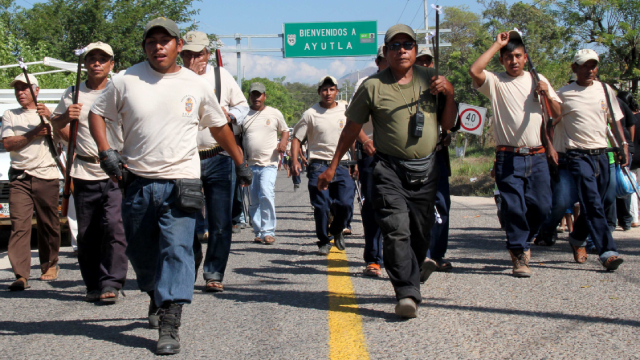
Power to the People

Piatúa Resists
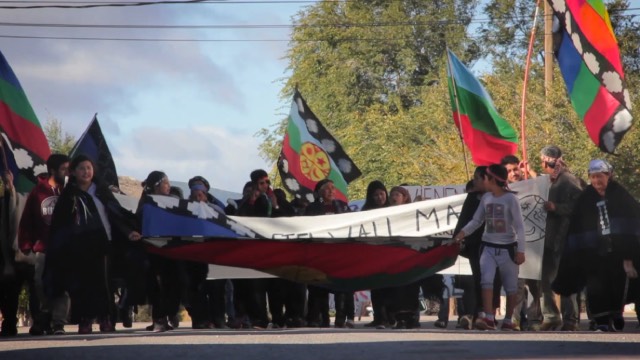
Petu Mongueleiñ
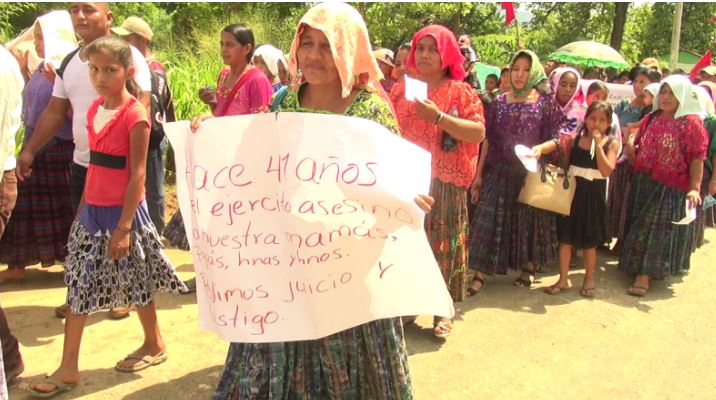
Panzós Memory for the Land – Massacre of 1978

Our Waorani Territory

